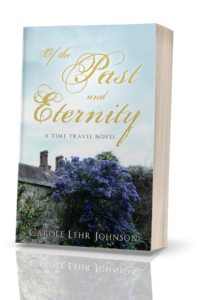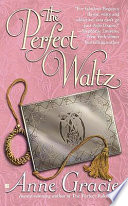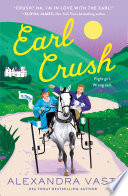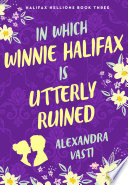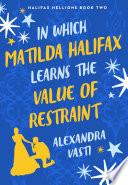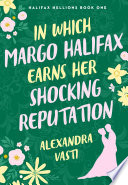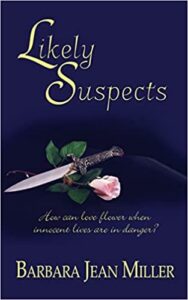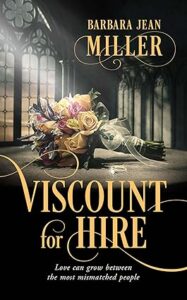This is part of my ongoing series to tackle a knowledge of the Regency era that appears to be based primarily on histrom. Representing Regency posts tackle a variety of topics when readers raise their eyebrows about representation they claim is not historically accurate. My goal is to present historically based counterpoints to those claims to help readers reevaluate what they think they know about the era, culture and society of early 19th century UK.
If you follow Romancelandia or Regency or are interested in the upcoming Shonda Rhimes adaptation of the Bridgerton series then you are probably familiar with what prompted this post. If not, consider yourself happily ignorant.
The Question appears to be whether or not there were successful black Britons around the Regency era. The BBC has a nice overview of Black Briton if you want more info. UCL also has an interactive map of Victorian black Londoners that is worth an adventure through.
I am going to share just a couple of examples.
George Augustus Polgreen Bridgetower (1778 – 1860) was a virtuoso on the violin, travelled extensively internationally performing, was stanned by George IV, performed with Beethoven, was elected to the Royal Society of Musicians in 1807, and earned a Bachelor of Music from Cambridge. Read more here: https://chevalierdesaintgeorges.homestead.com/Bridge.html
George Rose (1790s-1862) former slave who escaped from Jamaica to England, enlisted in the Army, received the distinguished Waterloo Medal, became a Methodist minister. Read more here: https://blog.findmypast.com/george-rose-the-escaped-slave-who-became-a-waterloo-hero-1406135700.html
Olaudah Equiano (1745-1797) writer, abolitionist, spokesman, and advocate. He was well revered as a pioneer of abolitionism and a sought after advocate for black Britons. Read more: https://www.bbc.co.uk/history/historic_figures/equiano_olaudah.shtml
These are examples of distinguished Black Britons. Like white Britons, it takes some distinguishing factors to be recorded in the tomes of history…the more ordinary characters you may find in a romance don’t have history books written about them.
These men had fortune, fame, and marriages. But they are just a small sample of the many black Britons from the early 19th century. I recently also shared some examples of multi-racial Britons and other renowed people of color in this post.
I challenge you, dear Regency Reader, like I challenge myself to look for new and interesting stories that represent this diversity and share a more broad, realistic view of the era. And if you truly are reading (or watching) these Duke-y stories for escapism and fantasy, then historical accuracy shouldn’t matter. Because, as I will dive into in the next Representing Regency post, the real Dukes of the era weren’t sexy, fit and looking for a wallflower to marry.
Other resources to check out:
Smith, K. (2003). Black Genesis: The History of the Black Prizefighter 1760-1870.
http://afroeurope.blogspot.com/2009/10/black-history-black-european-nobility.html

